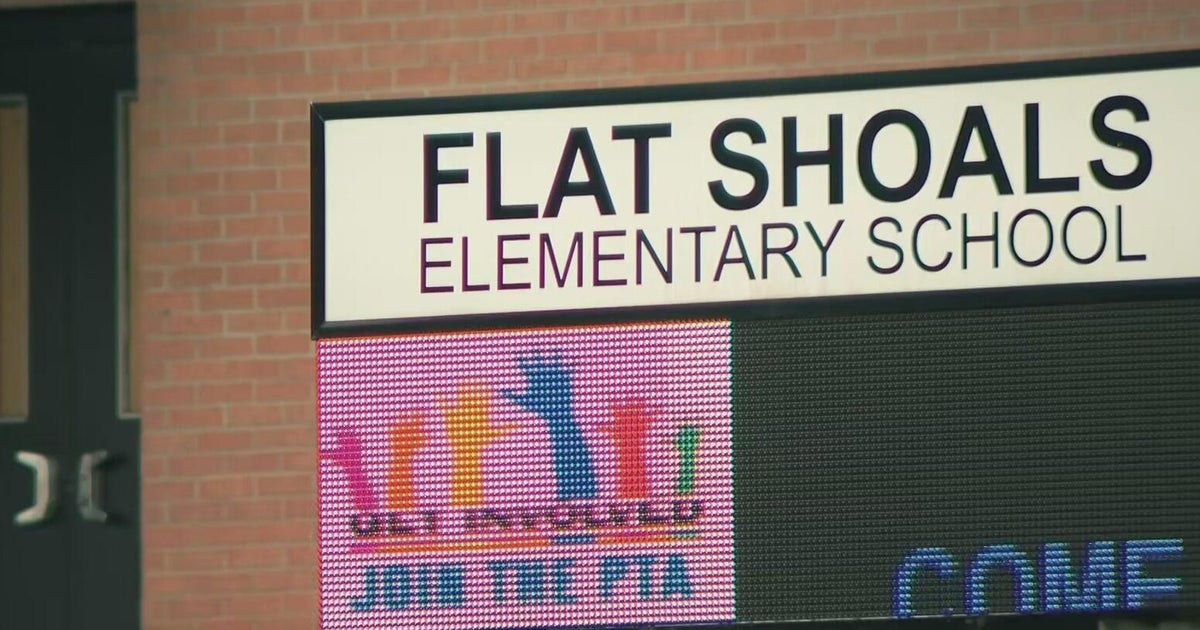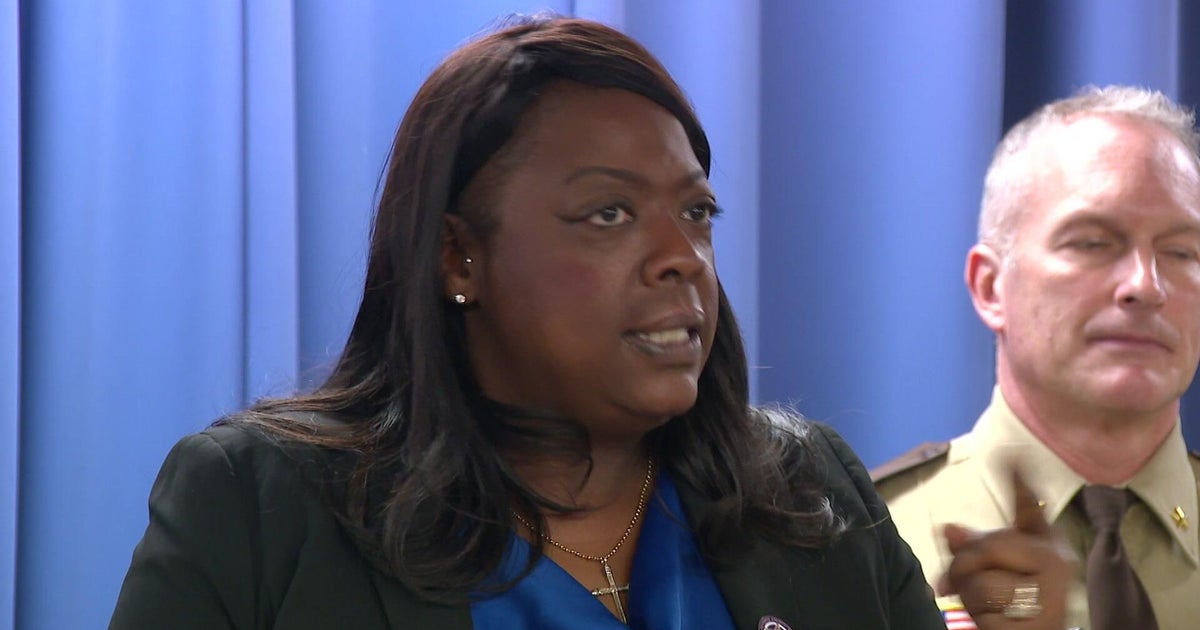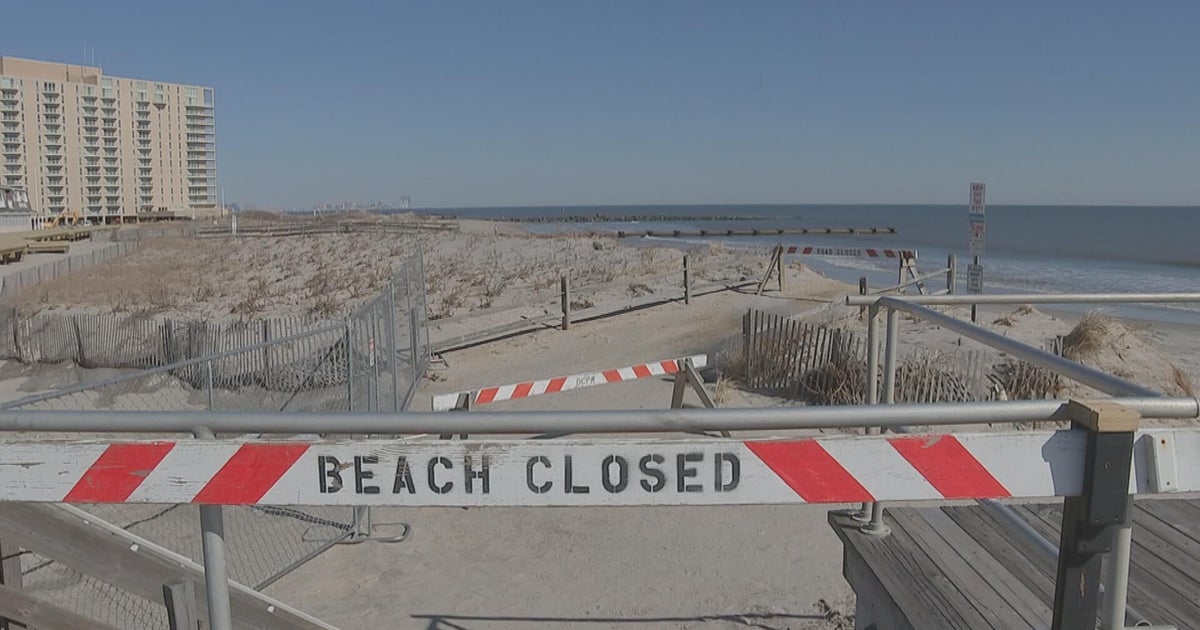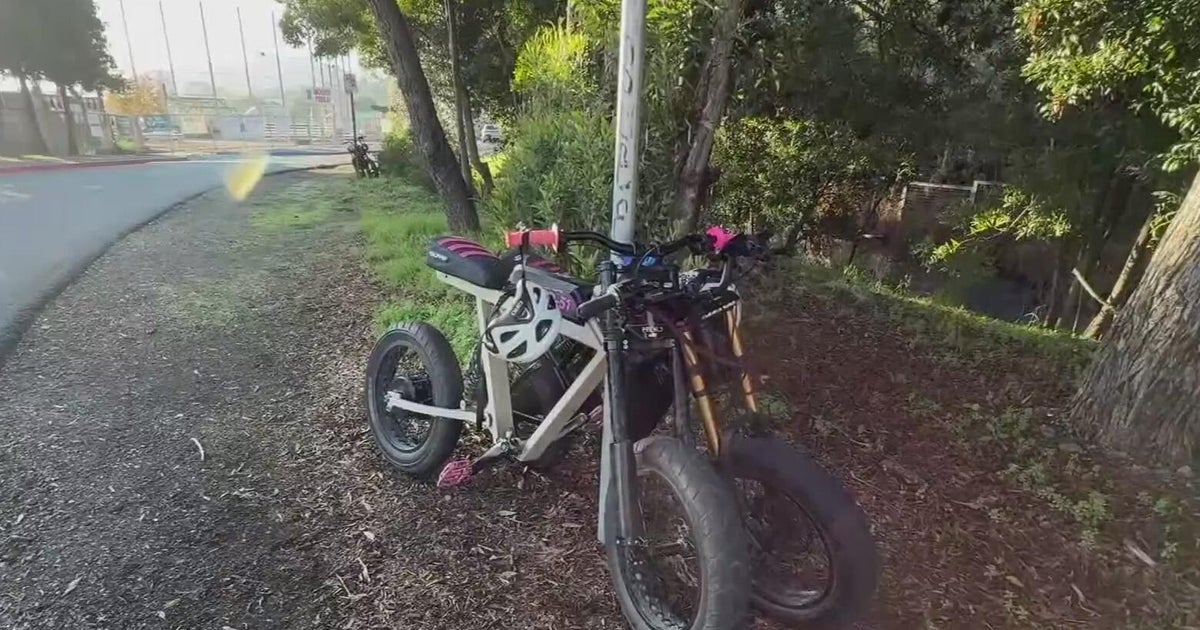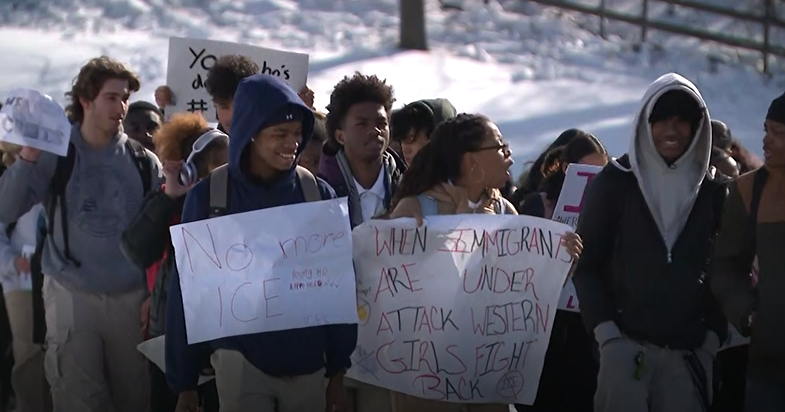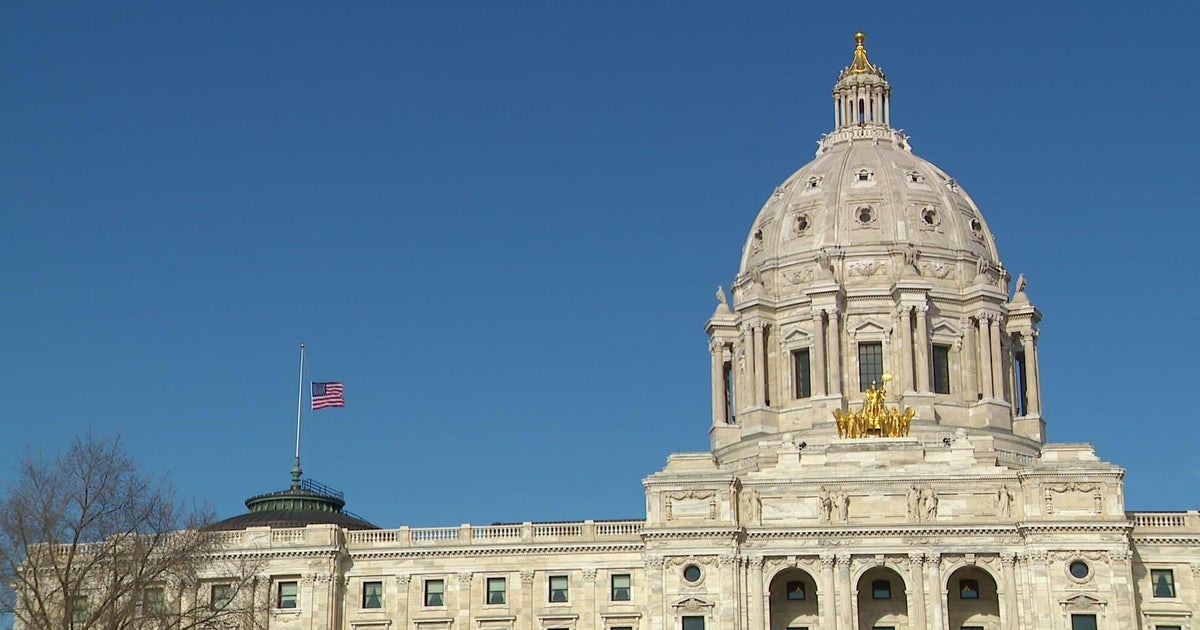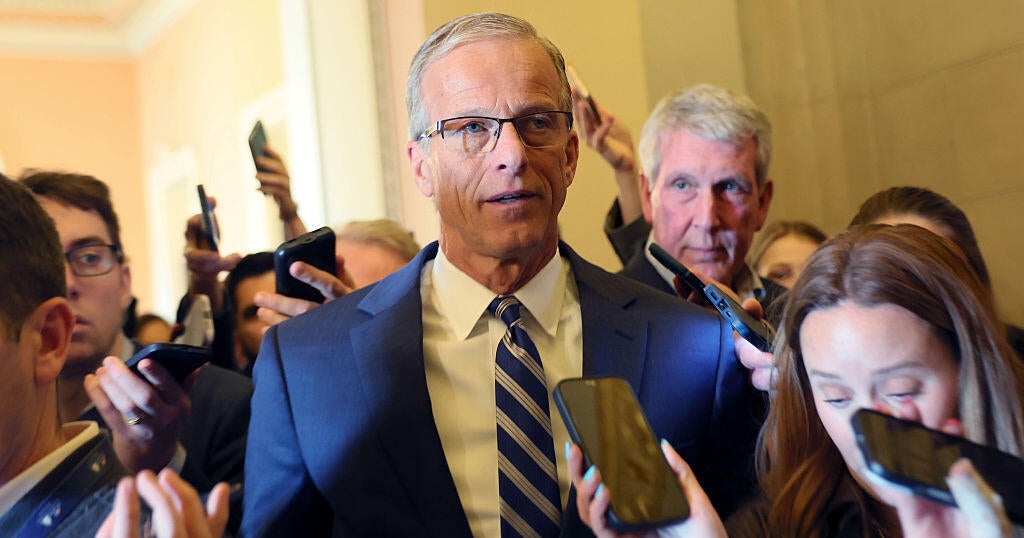Stimulus Package Update: Are Politicians Finally Ready To Make A Deal?
By Norm Elrod
(CBS Detroit) -- The coronavirus surge continues to negatively affect the economy. And politicians finally seem to be feeling the pressure. Centrist Democrats and Republicans proposed a $908 billion coronavirus relief package early this week. The plan, meant to jumpstart talks on a stimulus package, would help state and local governments, small businesses and individuals as the pandemic rages across the economy suffers.
Since the announcement, both parties have expressed some willingness to compromise. House speaker Nancy Pelosi and Senate Minority Leader Chuck Schumer have said they believe the bipartisan proposal should be the jumping-off point for further negotiations. Some Republican senators have also voiced support, along with the rank-and-file from both parties. Senate Majority Leader Republican Mitch McConnell has yet to budge from his original $500 billion relief plan, which failed in the Senate in October. But he did comment on the Senate floor that "compromise is within reach. We know where we agree. We can do this."
>>READ: Stimulus Package Update: Lawmakers Announce Bipartisan Coronavirus Relief Plan
The framework, as initially designed, includes $160 billion to state and local governments to offset steep declines in revenues. Small businesses would be allocated $288 billion, some through the Paycheck Protection Program, which loans money to businesses to keep employees on staff during the economic downturn. Unemployed workers would be paid an additional $300 per week in federal unemployment benefits for four months, totaling $180 billion. An additional $82 billion was earmarked for education and another $16 billion for vaccine development and distribution. The plan would run through March.
A second round of stimulus checks was not included.
Pelosi and McConnell spoke Thursday about possible legislation for the first time since the election. The two sides have yet to resolve two major sticking points. Democrats support state and local government aid, which Republicans oppose. Republicans want to halt coronavirus-based lawsuits against businesses, a move which Democrats oppose.
In her weekly press conference Friday, Pelosi stated that she would like to include the new coronavirus legislation in the government funding omnibus. That must pass in the next week to avoid a government shutdown. "There is momentum," she said, adding that "we have the time" to do both.
>>READ: 'Stimulus Checks Are The Least Important,' When Drafting Aid Package, Says Economist
President Donald Trump has been largely absent from stimulus conversations since the election. But he said Thursday that he would support this deal, which turned out to mean the Senate's original "skinny' bill. A second stimulus package, if passed before January 20th, would have to be signed by President Trump.
President-elect Joe Biden has expressed support for the new compromise framework, seeing that deal as "a good start." Any subsequent stimulus under a Biden administration would likely depend on the state of the economy as it endures the pandemic in the winter months.
Coming out of the Thanksgiving holiday, with the change of season still more than two weeks away, COVID cases continue to climb nationwide. The United States is approaching 14.2 million confirmed cases and 277,000 deaths. Those numbers are expected to rise, perhaps at a quicker rate, with holiday travel carrying the virus to and from different parts of the country. As numbers trend in the wrong direction, additional limits on businesses are likely imminent, placing greater strain on the economy.
November jobs numbers were disappointing, with hiring slowing to a pace not seen since April. Jobs increased by 245,000, and the unemployment rate decreased to 6.7 percent. The small decrease, however, is a cause for concern. It reflects the 400,000 people who stopped seeking employment and weren't counted in unemployment figures. Since April, four million people have dropped out of the workforce, and 10 million jobs have disappeared. Pandemic unemployment programs are set to run out at the end of December, and state benefits are already expiring for many workers. A significant economic turnaround isn't likely until a vaccine is available and widely distributed.
Positive vaccine news could mean a light at the end of the tunnel. Vaccines from Pfizer and Moderna have proved to be at least 90 percent effective at preventing the virus. Wide distribution, let alone administering the necessary two doses, remains months off. But the economic hardship is here now, and will likely continue in the meantime without meaningful government assistance.
